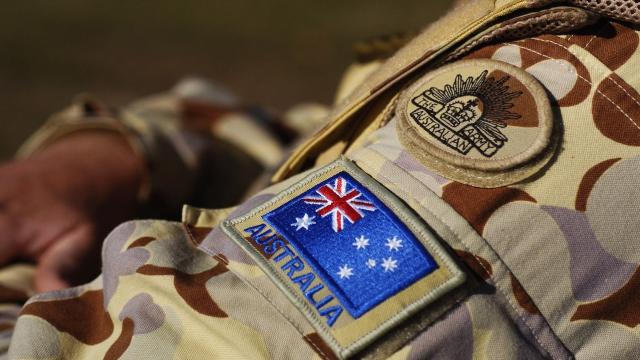In an effort to helped our troops with the psychological stress of deployment, University of Newcastle will lead a $2.2 million project to explore what uses virtual reality can have in resilience training.
Christopher Pine, Minister for Defence Industry, has announced $2.2 million of funding by the Defence Science Technology Group and the Australian Army to explore how stress changes the way the brain works.
Associate Professors Rohan Walker and Eugene Nalivaiko, affiliates of Hunter Medical Research Institute (a partnership between University of Newcastle, Hunter New England Health and the community), will lead the project that aims to better equip our troops with ways to cope under duress.
Psychological stress is a major occupational hazard in the military and often affects troops’ performance and their life after they return from service.
Associate Professor Nalivaiko has worked extensively with Australian Army in the past and says, “It’s imperative our troops are forearmed with strategies to ensure they remain in control of the situation and are equipped with the skills to make a level-headed decision.”
There are two main factors when performing under pressure: cognitive reframing and breathing.
“Firstly, cognitive reframing, which involves identifying and then disputing irrational thoughts. Reframing is taking a step back and objectively looking at the scenario to find positive alternatives.
“The second is tactical breathing. Although it may sound simple, breathing is key as it is the only thing we can regulate under pressure.
“When you’re breathing properly, respiration and heartrate are controlled and you have high levels of cognitive flexibility to make better decisions,” Professor Walker said.
The researchers will work in partnership with the University of Southern California to replicate real-world scenarios that ADF personnel will encounter on deployment in a VR environment.
Biometrics will be collected to give the researchers reliable data about how troops act under pressure.
“It can be difficult to test for cognitive resilience when subjects have to be the judge of their own ability. There can be multiple factors at play like being unsure of their own limits.
“The benefits of utilising a virtual scenario test to simulate your response are huge, but one major factor is that we can provide an accurate picture of where a trainee is at in the testing and how well they have responded to the simulated scenarios,” said Professor Walker.
